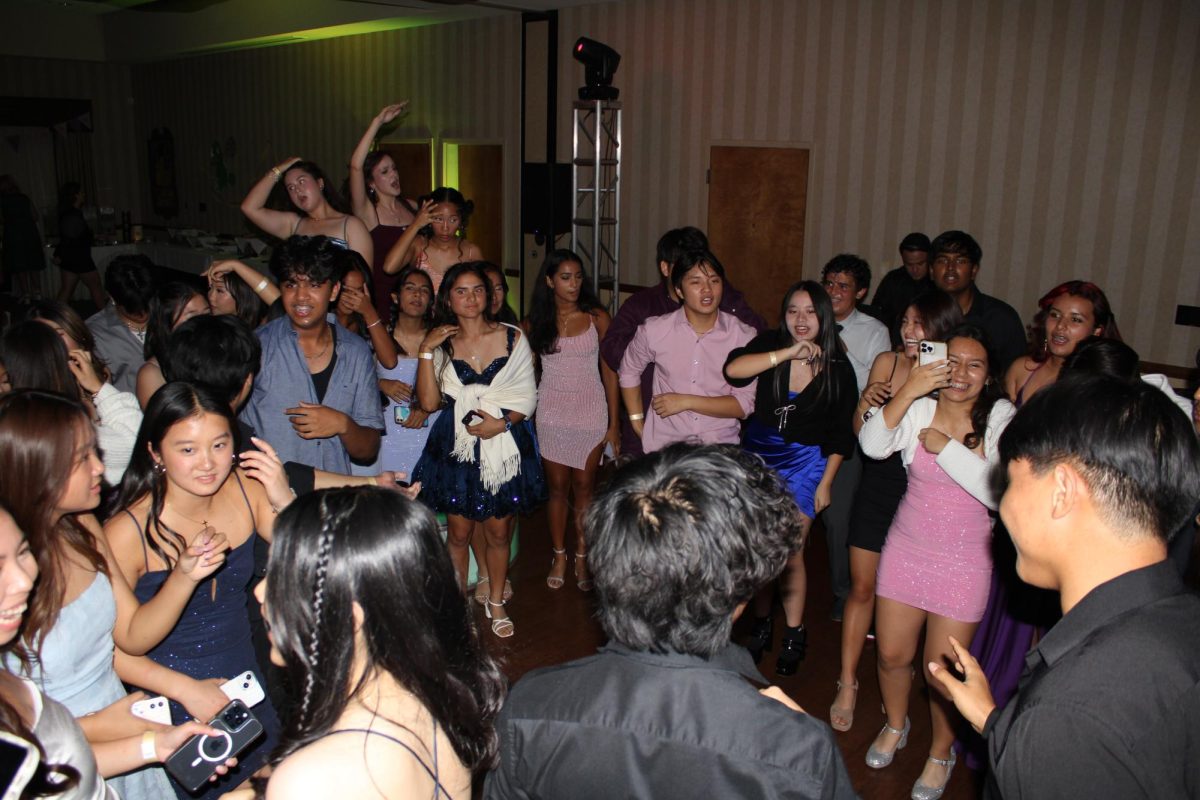A “hot new bombshell” has entered the media. In the form of oversaturated drama and cheesy romance, “Love Island USA” reigned as the number one reality series of the summer. Its sixth season aired on Peacock in June, inviting 33 new young, attractive singles to a luxurious villa in Fiji to compete for love and money, while serving as a brutal reminder of the toxic, disingenuous standards that plague the modern dating world.
From its 2015 debut to its most recent season, the objective of “Love Island” has remained consistent: To avoid elimination from the show, each individual — or “Islander” — must remain coupled with another, whether for love or the $100,000 cash prize.
While the premise of the show is to find a genuine connection, the reality is anything but. In the villa, couples are tested to see if their newly formed connections are strong enough to withstand “real-world” obstacles. With dramatic twists like Casa Amor, where the couples are separated for several days and tempted by new islanders (“bombshells”) entering left and right, the show encourages the islanders to hold off on exclusivity. The result is prolonged drama and uncertainty — a good tactic for racking up viewers, but an alarming blueprint for young daters looking towards the media for relationship advice.
The overblown notion of “testing the waters” was seen clearly between contestants Serena Page and Kordell Beckham, the winning couple of season 6. Their slow-burn relationship was never meant to fire up from the beginning, but the everlasting possibility of meeting new “bombshells” slowed the progression of their relationship, leading to mutual destruction. When Kordell jumps to flirt with Daia Mcgee at Casa Amor, breaking a promise he made the night before, Serena is distraught by his disloyalty. Although they get back together at the end, there would have been less tears involved if they were upfront with their feelings and stopped treading in indecisive waters.
Although the Casa Amor’s controversy serves as entertainment for drama-hungry viewers, it also reiterates the toxic lack of commitment normalized in modern dating culture. “Ethical non-monogamy”, as some commenters phrase it, is an ideology abused by show contestants like Kenny Rodriguez, who cheated on partner JaNa Craig at Casa Amor in an attempt to test their already-faithful relationship. Across the entire season, all but two male contestants recoupled when given the chance, justifying their disloyalty with the excuse of searching for “the one.” Such portrayals in the media teach the younger generation to fear commitment — that “dating around” is necessary to protect oneself, even if it harms potential relationships.
With shows like “Love Island” normalizing unhealthy dating standards, it’s crucial to reconsider the types of media being fed to the next generation of young adults. Such portrayals of dating culture may negatively influence their values and expectations, cultivating toxicity in real world relationships.





























































